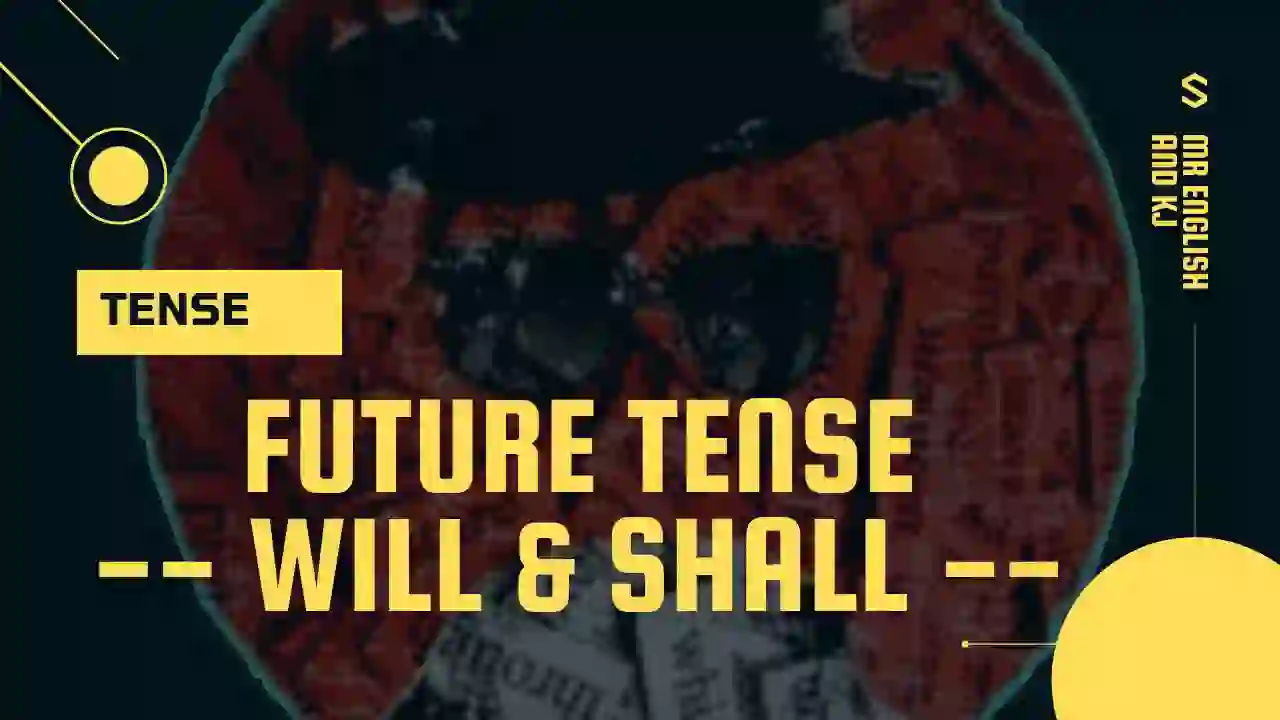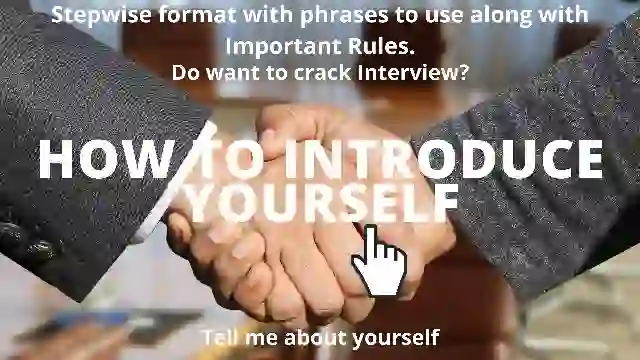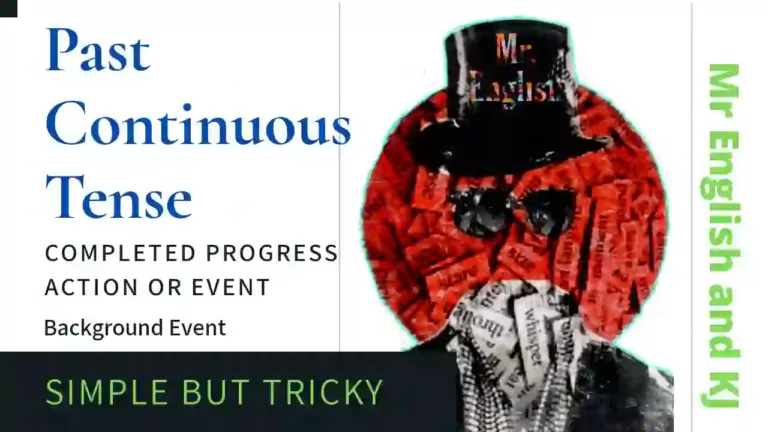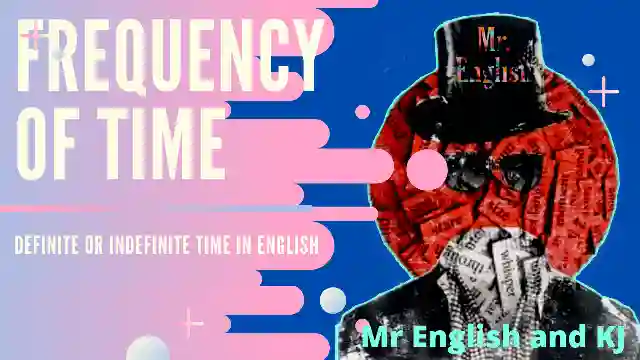
The Full Understanding of Future Indefinite Tense in English With Useful Examples, Tips And Tricks
The Future Indefinite Tense, also known as the Future Simple Tense, is one of the most used tenses in English. We use it to express possibility, prediction, intentions, decisions, offers, promises, and immediate actions. In this guide, you’ll learn the rules, formats, essential structures, future time expressions, and many real-life examples to help you master it quickly.
This lesson is simple, powerful, and written for students, teachers, and English learners who want clear explanations with strong examples.
Table of Contents
What Is the Future Indefinite Tense? (Easy Definition)
The Future Indefinite Tense describes an action that will happen in the future. We mostly use WILL (and sometimes SHALL) to express future actions.
It is also called:
- Will / Shall tense
- Future Simple Tense
- Modals of Future
Future Time Expressions (Common Words for Future)
Tomorrow, next, later, soon, again, this time, someday, next time, further, day after tomorrow, tonight, etc.
These words make your future meaning clear and strong.
Rules of Future Simple (Will / Shall)
- Will + verb 1st form = He, She, It, I, We, You, They, This, That, There, Here, Singular Noun, and Plural Nouns…
- Shall + verb 1st form = I and We.
Want to know WHY DO WE USE “I and WE” with “WILL and SHALL both?” =
Click here to know more about it
Future Simple Format (All Structures)
- Affirmative = Subject + will/shall + verb 1st form + other words.
- I will come for you.
- Negative = Subject + will/shall + not + verb 1st form + other words.
- He will not supply it again.
Short form of Will and Shall not = Won’t / Shan’t
- Simple Interro (Yes-No Question) = Will/Shall + subject + verb 1st form + other words?
- Will she believe me?
- Simple Interro Negative = Will/Shall + subject + not + verb 1st form + other words?
- Will she not believe me?
- Interrogative (WH-Question) = Wh-family + will/shall + subject + verb 1st form + other words?
- What will you do later?
- Interrogative Negative = Wh-family + will/shall + subject + not + verb 1st form + other words?
- What will you not do later?
Uses of Future Simple (5 Main Functions of the Tense)
Prediction (Future Possibility with Uncertainty)
We use WILL or SHALL to predict the future. These predictions may or may not happen. The chances are more or fewer to happen because of the future is not certain.
Since it is a future and uncertain, we are not so sure about it but we can make the future predictions more strong by inter-changing the subjects.
Examples:
- I shall learn English.
- From now, she will practise daily.
- When will you go?
- I will reach there at 8 p.m.
- (more emphatic or sure Prediction) [Click here to know WHY it is more?]
- They will not study hard.
Possibility (Chances of Happening)
When there is a possibility to do something or happen, we use Will or Shall. There are more or fewer chances to happen because the future is uncertain.
The sentence, you use the Possibility, on the same sentence, you can use the Prediction but there is a difference between them.
Since it is a future and uncertain, we are not so sure about it but we can make the future possibility more strong by cross-changing the subjects.
Examples:
- He will return from India.
- I shall win the race.
- We shall join the army.
- Moira will speak in English.
- Sam and Sia will take the holiday tomorrow.
Intentions & Decisions (Immediate Future Choices)
When we decide something on the spot, we use WILL / SHALL.
When we have an immediate intention or decision for the future, we use ‘Future Simple’ or ‘Will and Shall.’
We use “Subject’ll” not ‘Subject will or shall.’ The future is uncertain.
Since it is a future and uncertain, we are not so sure about it but we can make the future intention and decision more strong by inter-changing the subjects.
Subject – I, you, we, they, he, she, it, singular noun, or plural nouns…
- E.g. – I + will or shall = I’ll
- He + will or shall = He’ll
- They + will or shall = They’ll
- We+ will or shall = We’ll
- Reema + will = Reema’ll
We do not use “I shall or will, We shall or will, They will and so on.” Let’s take a look below!
Examples:
- I’ll take a chocolate flavour. (Intention or Decision)
- He’ll come back home tomorrow. (Decision)
- We’ll buy the ticket on Monday. (Decision.) That’ll save a lot of money. (Intention.)
- What will you do with the two rooms? (Intention or Decision)
- She’ll come with you. (Decision)
Offers, Promises, Requests, Invitations & Commands
Use Future Simple to show informal offer, promise, request, invitation, and command, etc.
There are more or fewer chances to happen because the future is uncertain. These are informal and impolite expressions.
Since it is a future and uncertain, we are not so sure about it but we can make the future more strong by cross-changing the subjects.
Click here to know about more
Examples:
- You will take my car with you.
- I shall support you.
- Will you join us?
- Will you stop for a moment?
- Will you attend the party?
No Plan / Immediate Action
When we make a decision without planning, we use WILL / SHALL.
When we did not make a plan to do something in future, we use Will and Shall. This is an immediate action or event. All sentences where we use “Will or Shall” shows ‘No planning before making a quick action.’ Again as a future, it is uncertain.
Do you know? We can use Present Indefinite Tense when we make a plan to do something in future.
Click here to know about more
Examples:
- From now, she will practice daily.
- When will you go?
- We shall reach there at 8 p.m.
- I shall win the race.
- I’ll take a chocolate flavor.
- He’ll come back home tomorrow.
- What will you do with the two rooms?
- She’ll come with you.
- You will take my car with you.
- I shall support you.
- Will you join us?
- Will you attend the party?
Frequently Asked Questions: Most Important
What is the Future Indefinite Tense?
It is a tense used to describe actions that will happen in the future using will or shall.
When do we use WILL and SHALL?
Use shall with I/We and will with all subjects.
Modern English mostly uses will for all. But there is a catch that most people don’t know about. Why don’t you check it? He shall and I will is also correct in some cases.
What are the signal words for Future Indefinite tense?
Tomorrow, next week, later, soon, tonight, someday, etc. Every things that are talking about future and its possibility.
Can we use WILL for decisions made instantly?
Yes. Future Simple is the correct tense for immediate plans. But here is the catch, we use Present Indefinite when we make a plan to do something in future.
What is the negative form of Future Simple?
“Will not” is called (won’t) and “Shall not” is called (shan’t).
How do I master Future Indefinite Tense, Will and Shall?
You should follow these steps:
1. Read the whole article on Future Tense and Modals.
2. Go through all examples and use them in real life.
3. Try to take all the English tests available.
4. Try to practice by making sentences yourself and reply in comment section. We will correct your mistakes and improve your skills.
Practice and Prepare Future Indefinite Tense: Will and Shall Modals
Beginner Friendly Exercise With Four Options Each
Practice the tense with these interactive quizzes: It has a balanced touch of basic to advanced questions.
- One: Exercise 1
- Two: Exercise 2
- Three: Exercise 3
- Four: Exercise 4
- Five: Exercise 5
- Six: Exercise 6
- Seven: Exercise 7
- Eight: Exercise 8
- Nine: Exercise 9
- Ten: Exercise 10
Fill In The Blanks Quiz: Learn English With Paragraphs
Slightly more difficult then above quiz, there you will fill the blanks in the paragraphs.
- One: Paragraph Exercise 1
- Two: Paragraph Exercise 2 [The content will be here soon.]
Story Time: Learn and Improve English With Story Tests
The most useful exercises in English, you will learn English by filling interesting story gaps. You will improve not only you English but also vocabulary. [The content will be here soon.]
Learn the differences between Tense and Modals: Click Here
Advice – Never learn any language using another language. You should learn English in English, not in your native language (mother-tongue). Just like you learned your mother tongue in your own mother tongue. By learning in this way, only makes your English accurate, fluent, and you learn it like a Pro.
Practice in Comment Section: I assure our Team will correct your grammatical mistakes there.


